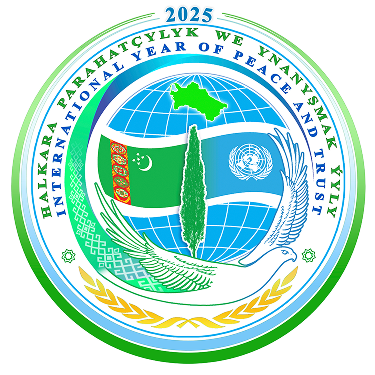OSCE SEMINAR IN TURKMENISTAN PROMOTES ANTI-MONEY LAUNDERING MEASURES THROUGH OFFSHORE ZONES

Best practices in countering money laundering through offshore zones were shared at an OSCE-supported seminar for representatives from Turkmenistan’s financial, law enforcement and supervisory bodies, several commercial banks and other relevant agencies, which took place in Ashgabat from 11 to13 October 2017.
The three-day event addressed the international legislative provisions, standards and tools available to identify companies registered in territories and jurisdiction with special taxation regimes and to prevent financial crimes, money laundering, fraud and terrorism financing by said companies or third parties. The experts presented the international AML standards and best practices in the field of preventing the use of offshore companies for different types of crimes and violations as well as the possibilities in terms of developing risk analysis systems and fostering more international cooperation.
The seminar introduced the concept of offshore jurisdictions and what the indicators of offshore companies generally are, while also highlighting the issues arising from the use and regulation of offshore companies. International experts elaborated on customer due diligence as the main element of combating money laundering. The importance of adopting a modern world approach to building systems for customer due diligence was underlined.
“The OSCE attaches great importance to the efforts aimed at strengthening international co-operation in the area of anti-money laundering,” said Ambassador Natalya Drozd, Head of the OSCE Centre in Ashgabat. “Organized as part of our continuous support for reinforcing the adherence to good governance principles in Turkmenistan, today’s event stresses the significance of a comprehensive approach to countering money laundering, which also includes specific measures in offshore zones.”
The seminar featured practical exercises related to the exchange of information with financial units and other responsible institutions of foreign countries supporting to identify beneficiaries/ owners of offshore companies and its financial operations. Special emphasis was laid on recommendations for the identification and assessment of the risk of money laundering through offshores and new technologies provided by the Financial Action Task Force (FATF).


 NEWS
NEWS